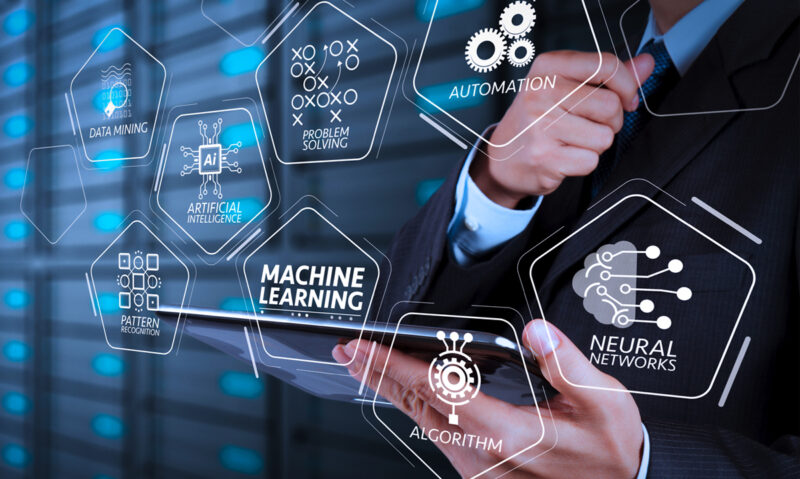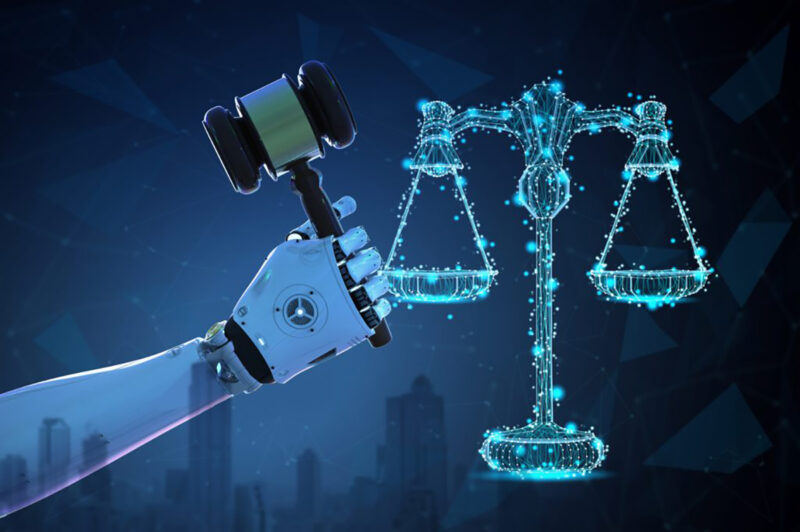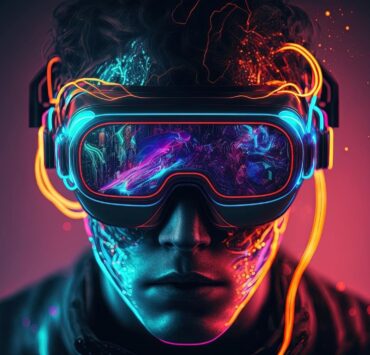Artificial Intelligence in Everyday Life: Innovations and Ethical Considerations
- Discover the pervasive impact of Artificial Intelligence (AI) in our everyday lives, from revolutionizing manufacturing processes to enhancing entertainment and convenience.
- However, alongside its innovations, the ethical complexities of AI bias, ownership dilemmas, job displacement, and misinformation challenge us to responsibly harness its power.

Exploring the Pervasive Impact of AI on Modern Society and Addressing Ethical Challenges
Ethical considerations have emerged as a crucial focal point in our rapidly evolving world, as Artificial Intelligence (AI) permeates every facet of modern life, reshaping industries and society at large. Artificial intelligence (AI) has been an integral part of human existence for longer than anticipated. From the iconic “heartless” tin man in Wizard of Oz to the emergence of “Sophia” in 2016, AI represents the evolution of the term “robot.” The inception of computers marked a significant milestone in technological advancement, propelling society toward unprecedented progress. The rapid pace of resource development can outstrip human cognitive capacity. Over the years, scientists, mathematicians, and philosophers have strived to imbue machines with greater efficiency and human-like qualities, shaping the future of workforces and database control. The journey to create digital intelligence capable of mimicking tasks with precision has gradually transformed into reality, blurring the distinction between human and machine. The once-feared notion of AI dominance has materialized, driven by the pursuit of power and influence.
In every innovation, seeds of imagination sprout ideas for machinery. Artificial intelligence opens avenues for creativity, envisioning its application across various domains. Concepts like streamlined manufacturing processes and efficient company databases drive AI development. Factories increasingly deploy specialized machines that eliminate the need for physical labor. Businesses invest in advanced computers to expedite data tracking and analytics. The entertainment industry also reflects AI’s influence through futuristic themes portrayed in video games and movies. Iconic examples such as The Terminator, Robocop, and The Matrix explore diverse scenarios related to AI’s potential. The birth of video games in 1958, pioneered by William Higinbotham, unleashed human imagination onto screens. Titles like Portal, Halo, and Detroit: Become Human further immerse us in an AI-dominant realm.
AI’s Ubiquitous Presence and Applications
AI’s pervasiveness transcends conventional expectations. While the definition often centers on robots, the initial generation focused on computer development. Early access to information empowered rapid searches with unparalleled speed. From Google searches to customer service interactions, emails, and continuous company surveillance, AI has become the cornerstone of reliable information retrieval. Homes have embraced AI-driven advancements, integrating gadgets that simplify daily life. From basic locks and doorbells to Google Nest and Alexa, technology enhances convenience. Even smartphones employ AI in apps that recognize the activity, conserve energy, suggest time-saving measures, and optimize operations.
While AI encroaches on tasks humans still perform, its appeal lies in enhancing perfection rather than simply completing tasks. Minimizing human error, especially in extensive data analysis and decision-making, streamlines processes. This efficiency grants employees more time for focused tasks, ensuring objective completion. AI excels in high-risk roles due to its program-driven nature, excelling where human intervention might falter. Moreover, AI bolsters creativity, fostering new forms of artistic expression. Generative models and machine learning algorithms aid artists, musicians, and writers in generating innovative ideas and pushing creative boundaries.
AI’s imprint extends to transportation, epitomized by Tesla’s AI-driven tracking system. Real-time data from sensors, cameras, and various sources enable swift and secure decision-making, revolutionizing mobile transportation.
Navigating Ethical Considerations
Despite AI’s rapid growth, controversies and disagreements persist. AI bias, stemming from data grounded in human-created documents and databases, inadvertently perpetuates societal biases. This bias can manifest in discriminatory outcomes, raising concerns about AI’s ethical foundation.
Ownership dilemmas surface as AI generates creations that challenge traditional notions of authorship. These challenges blur the lines of original ownership, compelling a reevaluation of intellectual property rights.
The expansive use of AI raises concerns about job displacement due to the reduction of manual labor. While AI may increase the time workers spend with their families, economic imperatives often force individuals to seek employment to support themselves and their loved ones.
Lastly, AI’s role in generating false information poses significant ethical challenges. The proliferation of fake news disrupts politics, damages company reputations, and exacerbates social divisions. The blurring of lines between human intent and automated dissemination demands accountability and responsible AI development.
In conclusion, AI’s influence permeates every facet of modern life, reshaping industries and propelling society forward. As we reap the benefits of AI-driven innovation, it’s crucial to navigate the ethical considerations it poses, ensuring that our embrace of technology aligns with our values and aspirations.
Introducing Soorty’s HumAIn Chapter 2: A Revolutionary AI-Generated Denim Collection











